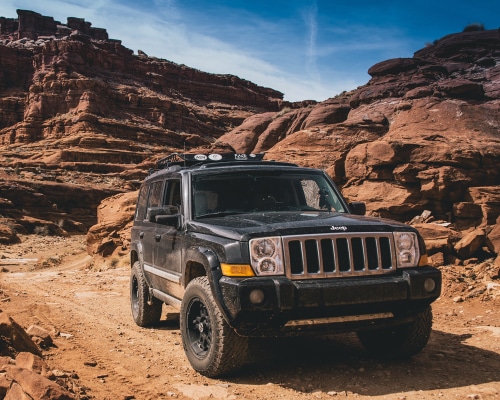
If your Jeep Commander’s heat only works when driving, there are five leading causes you should check. They are low coolant, air pockets, a bad heater core, an airlocked cooling system, and a malfunctioning thermostat.
We’ll start with the easy-to-check common problems and work our way to the harder-to-deal-with rarer issues that could be affecting your vehicle.
A bad thermostat is the most common cause of a heater only working when driving.
1. Low Coolant Level
It’s easy to verify your Commander’s coolant level by checking the overflow container.
Always start with the easiest thing to check. Low coolant can cause your Jeep Commander’s heater not to work.
To check the coolant level, locate the engine coolant overflow canister. It should look something like this ⬇️.
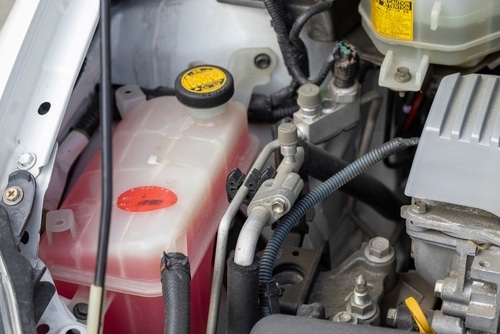
Low coolant makes an engine run hotter, but if the coolant is dangerously low, there won’t be enough to cycle through the heater core.
Adding Coolant
If the overflow is empty, add coolant when your vehicle’s cooling system is completely cold. On most modern vehicles, you can keep filling the overflow without opening the radiator cap.
If you add room temperature coolant to hot coolant, it can cause the engine temperature to decrease fast enough that it can cause damage.
2. Bad Thermostat (Stuck Open)
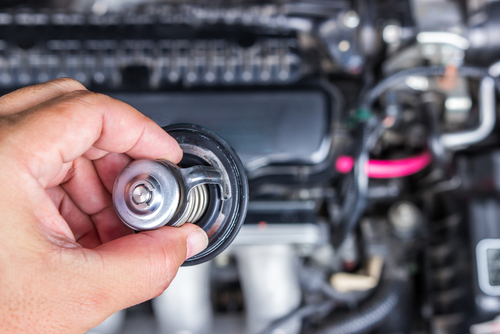
The temperature gauge will likely read cooler than usual. You may also get the check engine light with P0128 (engine temp low).
A bad thermostat will keep coolant constantly cycling through your Commander’s engine, which keeps the coolant too cold to heat the vehicle under certain conditions.
When the thermostat is stuck open, your vehicle’s heater only works at certain speeds.
- Idle– You’ll likely only get cold or slightly warm air if your Commander has been running for a while. With the thermostat stuck open, the vehicle will take forever to warm up.
- Stop and go driving– This is when your cooling system is working the hardest, and with the thermostat open, you’ll likely get warm or hot air from the heating system. It’s still not going to be as hot as when the thermostat keeps the engine temperature regulated.
- Highway Cruising– Your heater will likely produce some heat, maybe some warm air. The heat coming from the vents will be cooler than stop-and-go driving.
How to Tell if a Thermostat is Stuck Open
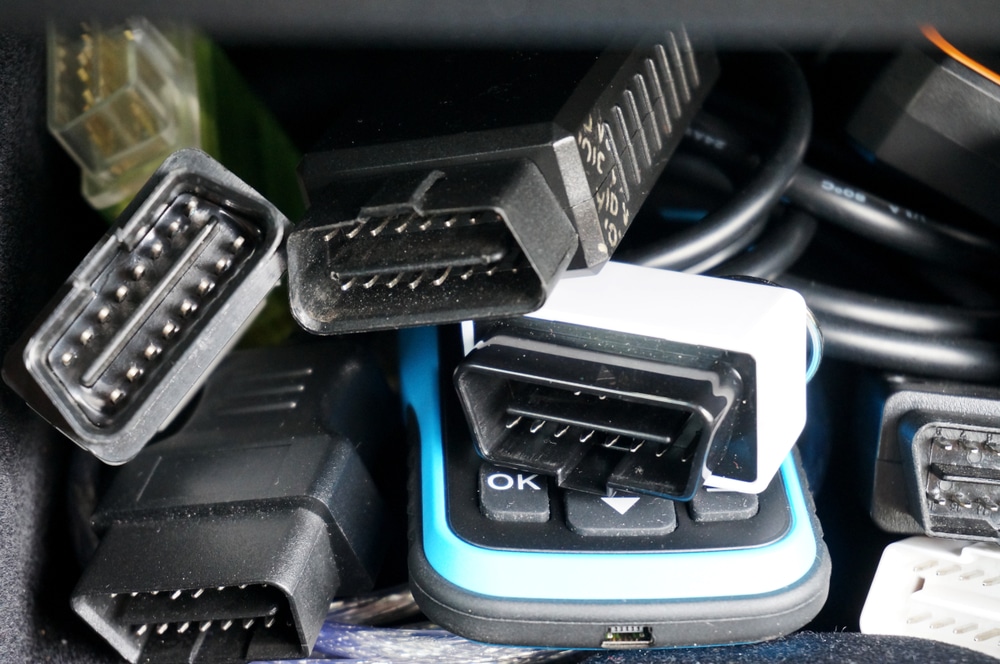
You can determine whether or not a thermostat is stuck open with an OBD II scanner. Here’s how:
- Determine at what temperature your Jeep Commander’s thermostat is supposed to open. You’ll need to look up your vehicle’s model year and engine type.
- Hook up the OBD II scanner and drive around until the engine has had sufficient time to warm up. The scanner will give you the exact temperature from the engine temperature sensor.
- If the observed temperature of the vehicle is below the thermostat’s temp rating, it is stuck open and needs to be replaced.
3. Airlocked Cooling System
You may hear the air bubbles when revving your Commander’s engine.
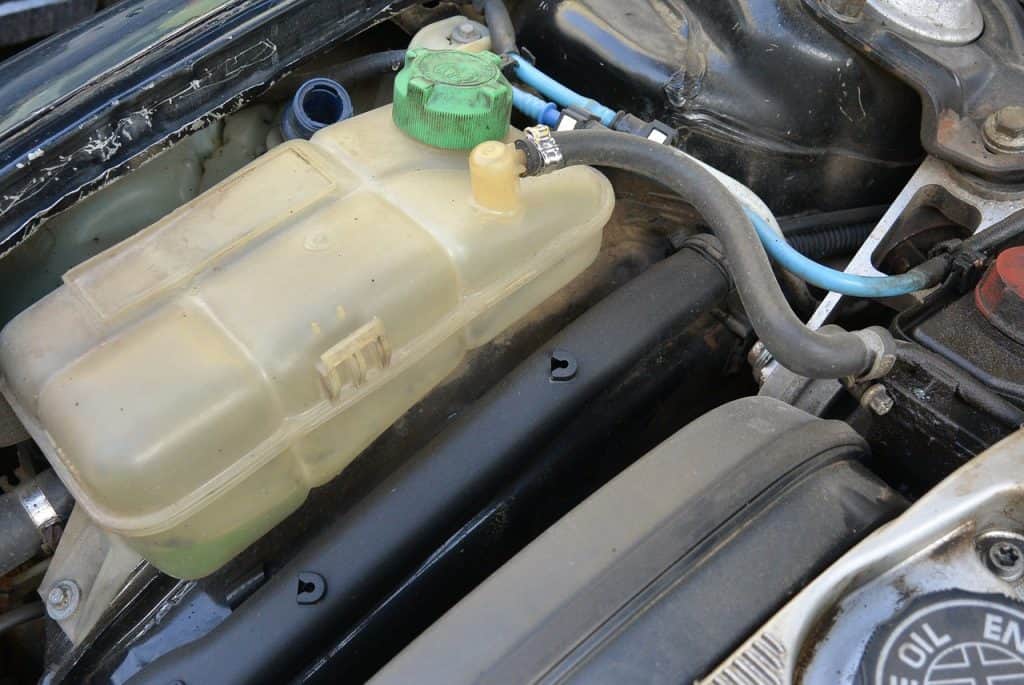
Airlocking occurs when air pockets block the coolant system and cannot circulate properly, causing the Jeep Commander’s engine to overheat.
Air pockets usually occur after filling the vehicle with coolant or after a flush was done improperly. A bad radiator cap can also cause air locking.
No matter the cause, air may have kept coolant from passing through your Commander’s heater core.
To diagnose this issue, use a pressure tester to check the cooling system. A decrease in pressure would indicate an air bubble present, which needs to be addressed.
4. Clogged Heater Core
A blocked heater core is RPM-dependent and not vehicle speed dependent.
A heater core is a small radiator-like device located in your Commander’s dashboard. They have looked the same for decades.
Its role is to heat the car’s interior through thermal convection, where heat is pulled from the coolant through its fins and used to warm up your Commander.
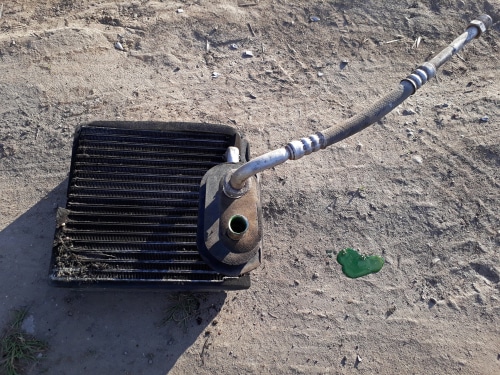
The coolant then goes back into the engine to be reheated, creating a continuous cycle of warm air being pushed into the passenger compartment.
How to Tell if a Heater Core is Clogged
A clogged heater core is not vehicle speed dependent, it’s RPM dependent.
With your Commander not moving and warmed up, rev the engine up a few thousand RPM and hold it there. If the cabin starts to warm up, you likely have a bad heater core.
You could also have a bad water pump, but the vehicle should be running hot sometimes if that’s the case.
5. Bad Blower Motor
A failed blower motor won’t change speed when you adjust it manually.
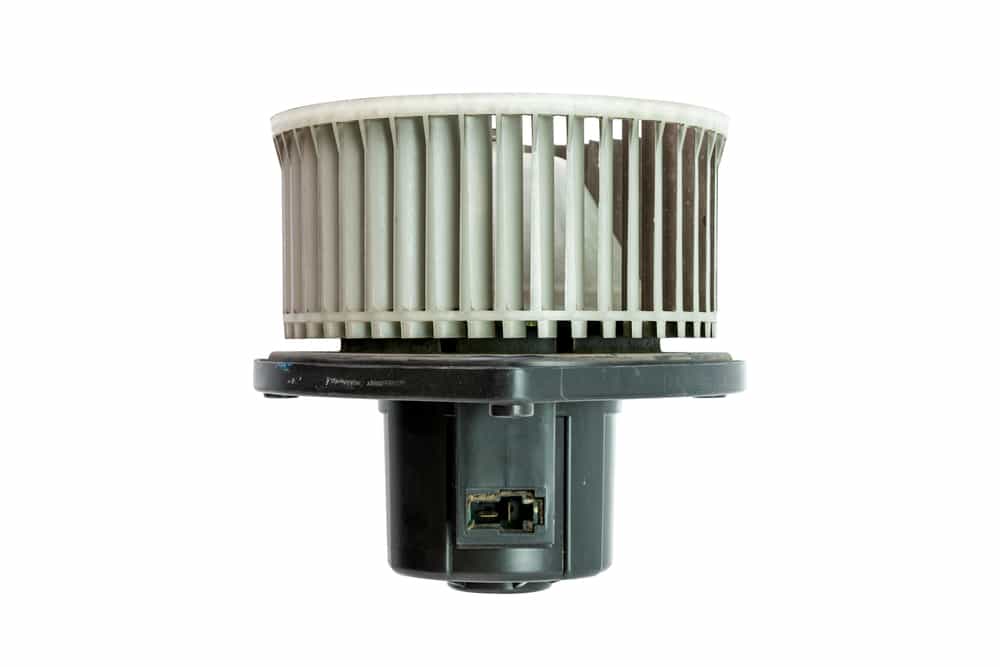
If the blower motor is not working, you may only feel heat when your Jeep Commander is moving. When the system is not on recirculate, it lets outside air roll over the heater core, letting heat into the cabin. The catch is the vehicle needs to be moving.
How to Tell if a Blower Motor is Bad
Try manually turning the blower motor on high. If you don’t feel the fan speed increase, it’s likely the blower motor has failed.

